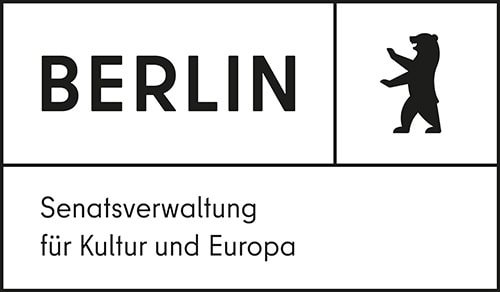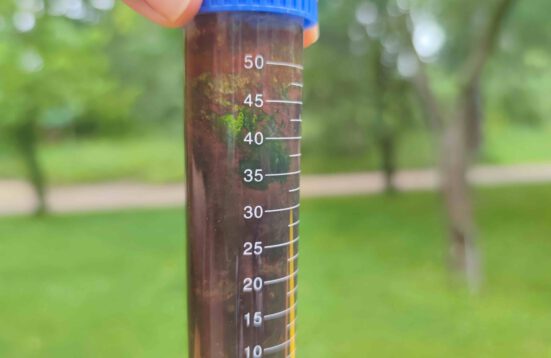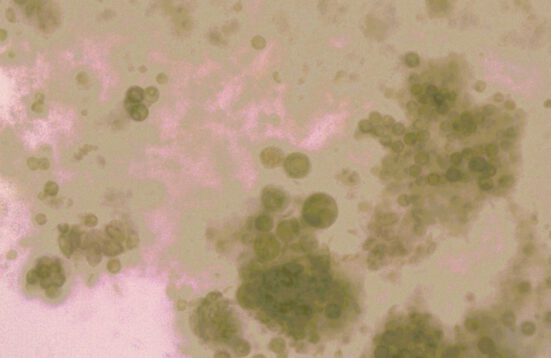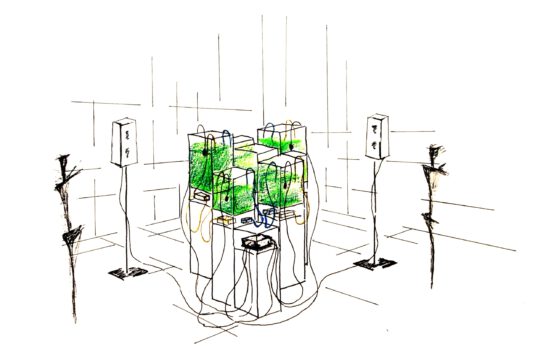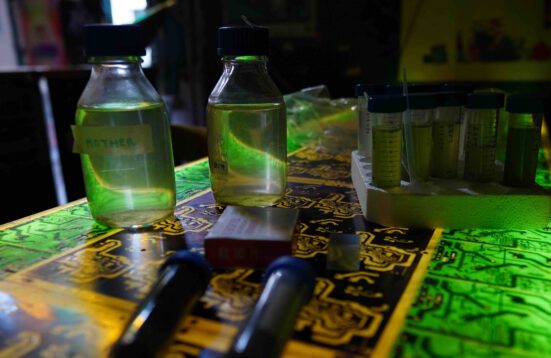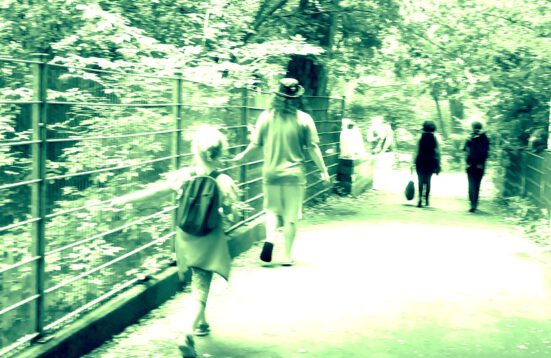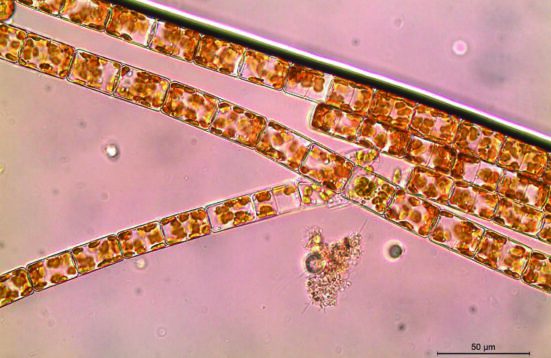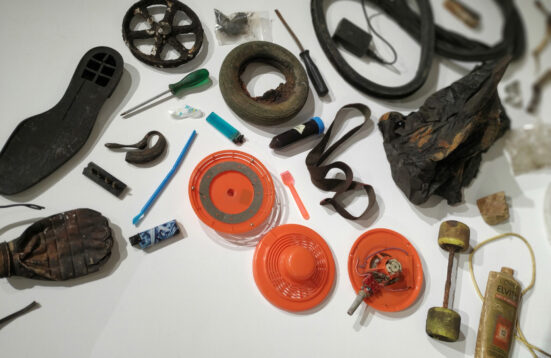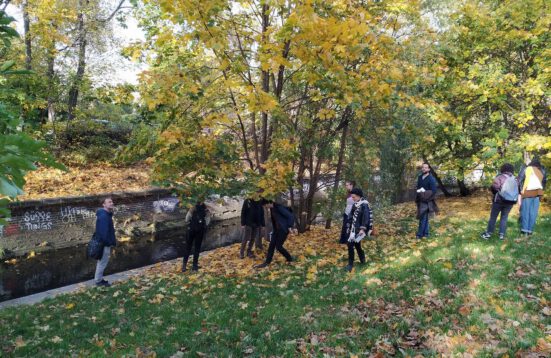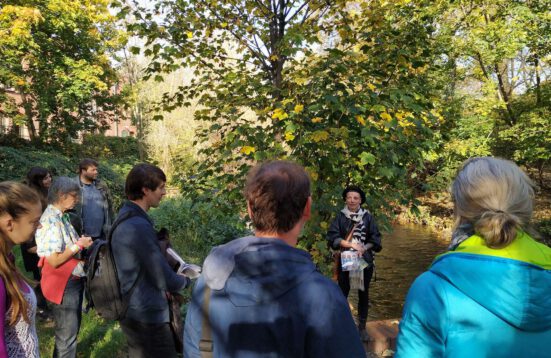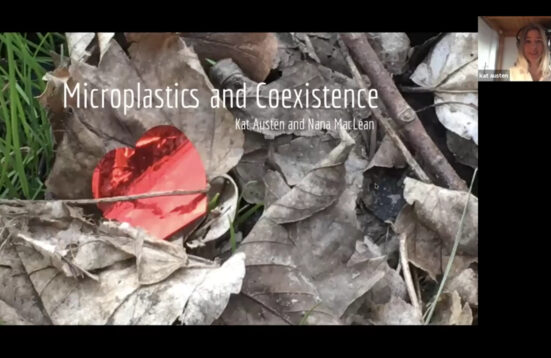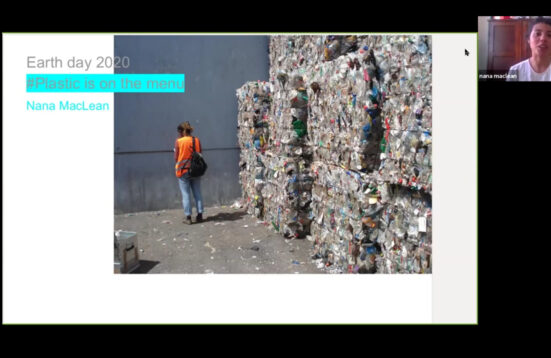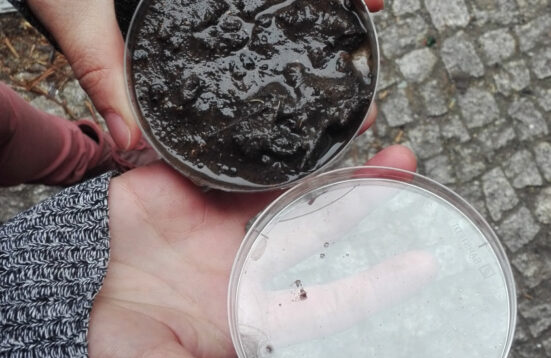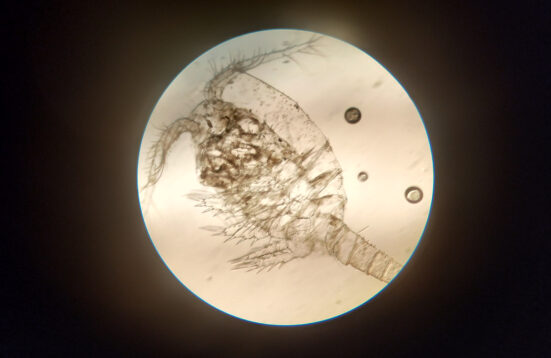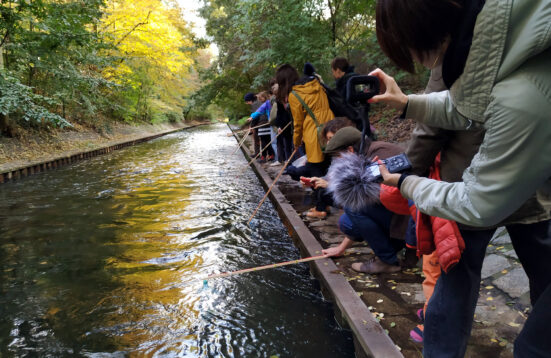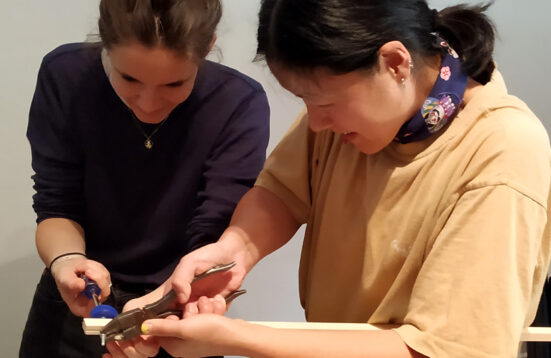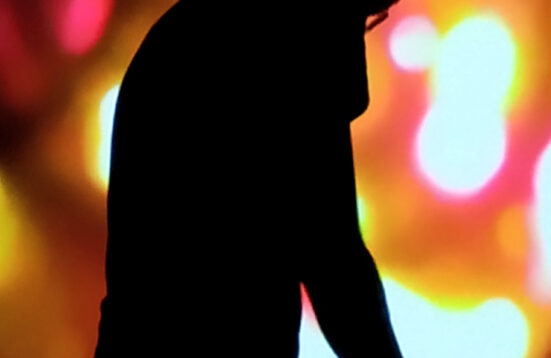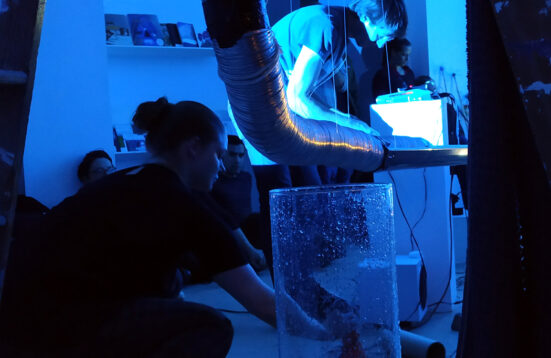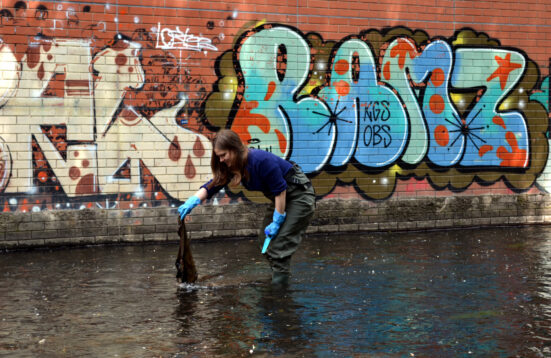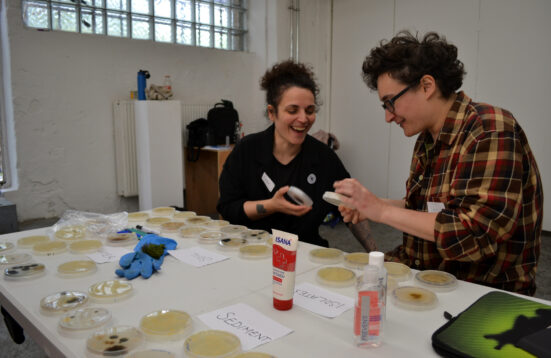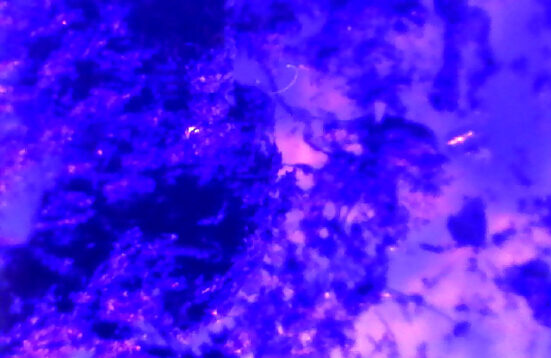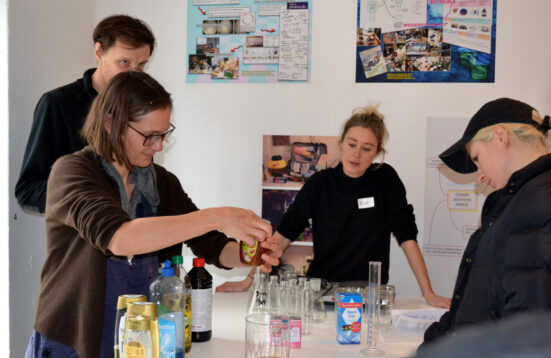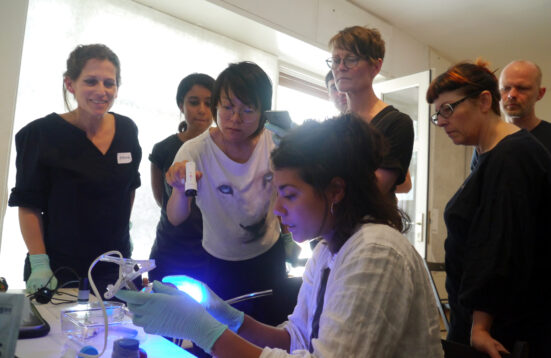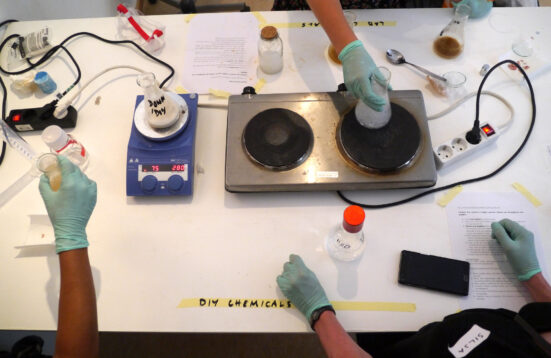DIY Hack the Panke
Art + Science Research Project
The research group DIY Hack the Panke was founded in January 2018 and consists of a group of artists and scientists applying artistic and scientific research at, in and around the river Panke, and promoting Citizen Science projects along the Panke River in north and central Berlin.
In the next few years the upper part of the Panke, in Berlin-Buch, will be re-wilded according to new EU standards, while the river’s two points of entry into the Spree, currently underground, will be uncovered. DIY Hack the Panke is interested in these fluctuating areas and the effects of re-wilding, but our main area of focus is the Panke in Wedding and southern Pankow. This part of the river, known only a century ago as the ‘Stinkpanke’ because of pollution from nearby factories and tanneries, is now a popular urban green space sought after by local residents.
Through interdisciplinary art science practice, the group aims to explore the Panke River for living organisms and critically examine its complex history of human use. Members of DIY Hack the Panke offer public workshops on topics such as river flora, fauna and microbiology; bio matter as part of artistic research; plastic waste and other pollutants; and the impact of history, culture and technology on the present-day Panke. The public is also invited to take part in walk & talks, art performances as well as public labs to rediscover their urban environment, as well as learn and take part in Citizen Science.
In addition to public participation in the research and related events, the actions and results will continue to be made publicly available on this project website. A publication in book form is also planned.
Topics of interest and approaches
- Microplastics in the Panke
- Bio Matter and Artistic Research
- Microflora and fauna and larger creatures in the Panke
- Hydrofeminism
- Watery ecologies, community coalescence and experiments with algae
- Panke mud ecologies and Winogradsky columns
- Traces of the industrial Panke in soil and water
- A cultural and natural history of the Panke
Activities
PERMEABLE BODIES
- Hydrofeminist Ecologies
- Workshop | With Sarah Hermanutz, Fara Peluso, India Mansour
Echoes from Waterlands
- Presentation of Winter Studio Residencies
- Fara Peluso | Sarah Hermanutz
PANKE INTERVENTIONS
- Program Overview
- Series with artists and scientists
HACK THE PANKE Festival
- Program Overview
- Festival with artists and scientists
DIY Hack the Panke
- Learning from the River
- Documentary Exhibition with Artists and Scientists around the Collective
DIY Hack the Panke
- Walk & Talk
- With members of the art science collective
DIY Hack the Panke
- Microplastics and Coexistence | Online Workshop Discussion
- Kat Austen and Joana MacLean
DIY Hack the Panke
- Science by Doing
- With students from the Gustav-Freytag Schule
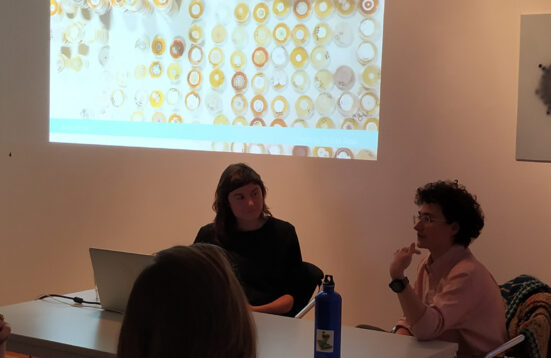
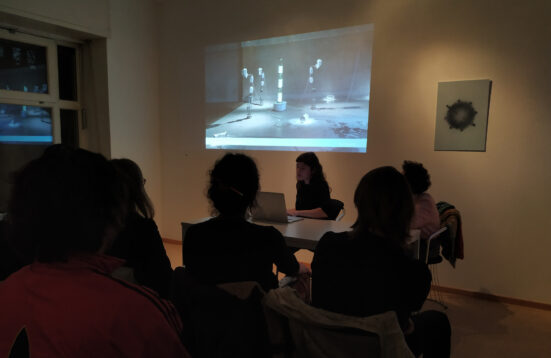
Symbiosis in intra-flux of the Anthropocene
- Project Presentation
- Saša Spačal
For the month of November 2019 bio media artist Saša Spačal undertook artistic research at the Rillig Group, Ecology of Plants, Institute of Biology, FU Berlin, addressing pressing societal and environmental issues such as climate crisis and plastic pollution.
Read more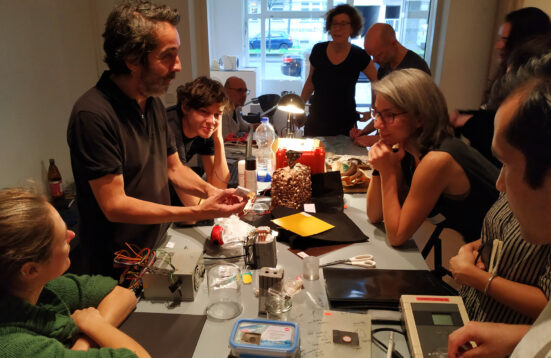
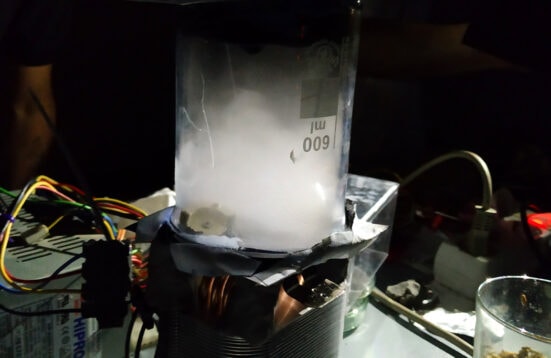
Local Area Network (LAN)
- Part of the project: Invisible Forces
- Martin Howse
Local Area Network (LAN) open workshop is a collective, speculative investigation of local fields/particles, and energetic exchanges, towards the hacking and re-routing of energy flows and networks at all stacked levels of local geological, environmental and technological…
Read moreDIY Hack the Panke
- Wasserpank | Workshop & Jam Session
- Kat Austen and Nenad Popov
DIY Hack the Panke
- Pankquelle
- Sarah Hermanutz and Nenad Popov
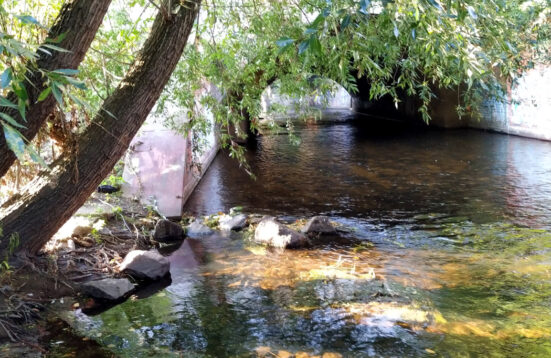
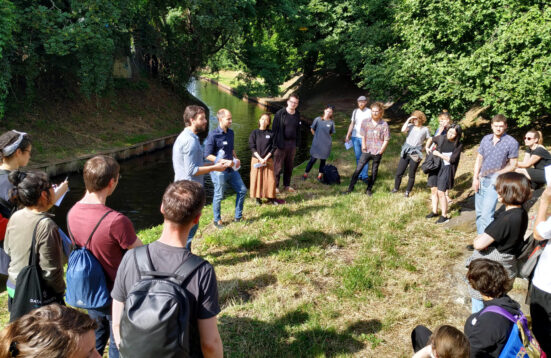
DIY Hack the Panke
- Summer Walk & Talk #1
- Eliot Morrison and Daniel Lammel
During the event we will discuss the interaction of water, soil and atmosphere from the molecular level and how this effects and is affected by organisms up to the larger ecological level and how water, plants and soil take part in cycles of carbon and nitrogen that support life.
Read more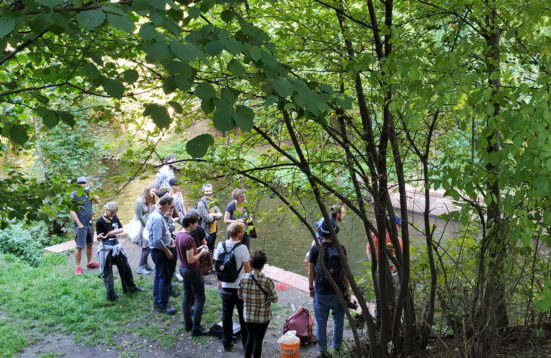
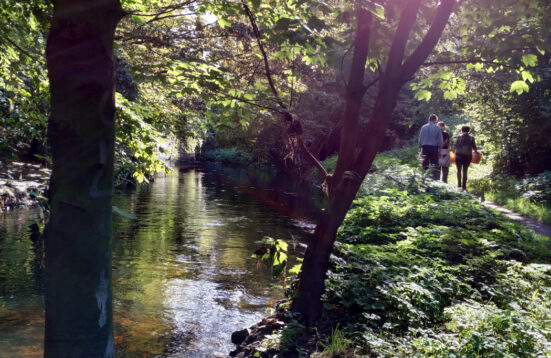
DIY Hack the Panke
- Summer Walk & Talk #2
- India Mansour | Nenad Popov | James Whitehead
For the last day of summer, sound and new media artist Nenad Popov and biologists India Mansour and James Whitehead walk along the Panke and give a series of short talks interwoven with participatory inter/actions between visible and invisible ecological layers.
Read moreDIY Hack the Panke
- Panke Life. Microbiodiversity
- Sarah Hermanutz | India Mansour | Fara Peluso
DIY Hack the Panke
- (Un)Real Ecologies. Microplastics
- Kat Austen and Frithjof Glowinski
DIY Hack the Panke
- (Un)Real Ecologies. Microplastics | Workshop
- Kat Austen and Joana MacLean

